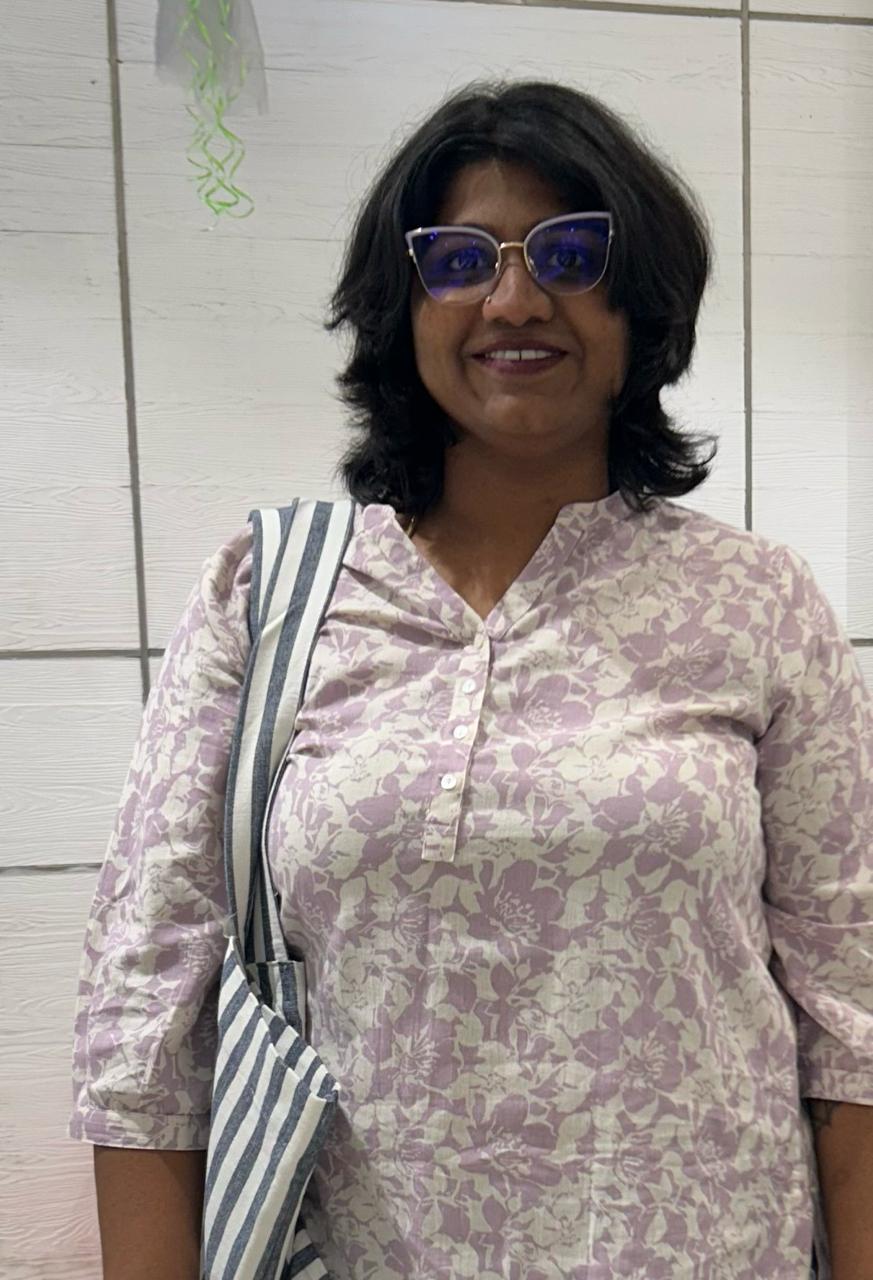India's economic advisor challenges global narratives; Healthcare pioneer proposes innovative model at Stanford dialogue
Sanyal stressed the importance of India engaging with the international community on its own terms. He criticized global rankings related to freedom and democracy, suggesting their influence by a limited number of think tanks with specific agendas
(1).jpg) Top: Sanjeev Sanyal, the Principal Economic Advisor to the Government of India; Bottom: Dr. Devi Shetty, Chairman and founder of Narayana Health / Screengrab from the official Youtube video
Top: Sanjeev Sanyal, the Principal Economic Advisor to the Government of India; Bottom: Dr. Devi Shetty, Chairman and founder of Narayana Health / Screengrab from the official Youtube video

Source: Screengrab from the official Youtube video
India's economic advisor challenges global narratives; Healthcare pioneer proposes innovative model at Stanford dialogue
Veronica Ezhil
In a recent panel discussion at the Stanford India Dialogue organized by the Stanford India Policy and Economics Club (SIPEC), Sanjeev Sanyal, the Principal Economic Advisor to the Government of India, advocated for an intellectual pushback against the prevailing western-dominated narrative surrounding India's economic history and global position.
Sanyal highlighted India's historical role as an outward-facing culture, challenging the static perception of its ancient economy. As one of the panel members, he drew parallels with the European Renaissance, underscoring India's risk-taking culture and exploratory ventures across the Indian Ocean and beyond. Sanyal emphasized that India's historical greatness was rooted in its connectivity with the world.
Addressing contemporary challenges, Sanyal stressed the importance of India engaging with the international community on its own terms. He criticized global rankings related to freedom and democracy, suggesting their influence by a limited number of think tanks with specific agendas. Sanyal advocated for India to create its own indices and ratings, encouraging think tanks to contribute to a more balanced global discourse.
Sanyal also exposed the funding sources behind certain think tanks, noting the dominance of a small number of institutions, including George Soros's Open Society and the Rockefeller Foundation. He challenged the methodologies used in indices, revealing that opinions of a handful of experts often determine rankings without transparency regarding their identities.
Sanjeev Sanyal's call for intellectual independence and a revaluation of global narratives has gained traction, prompting increased scrutiny of traditional indices. As India continues to rise on the international stage, Sanyal's perspective encourages a nuanced understanding of the nation's economic history, challenging prevailing narratives.
Dr. Devi Shetty, Chairman and founder of Narayana Health, addressed global healthcare issues emphasized that the global healthcare and wellness industry, valued at over US$12 trillion, faces challenges in providing safe, affordable healthcare to less than 20 percent of the world's population. Shetty expressed her belief that India could pioneer a model where healthcare is dissociated from wealth.
Shetty highlighted the financial challenges faced by countries offering free healthcare to citizens, citing high tax-to-GDP ratios in developed nations. He outlined India's approach to prioritize universal health insurance over a government-provided universal health system. This policy shift, facilitated by reforms in the insurance regulatory authority, allows healthcare institutions like Narayana Health to obtain licenses as health insurance companies, a concept considered unthinkable a decade ago.
ADVERTISEMENT
ADVERTISEMENT
E Paper
Video

 Veronica Ezhil
Veronica Ezhil








.jpg)
.jpg)


Comments
Start the conversation
Become a member of New India Abroad to start commenting.
Sign Up Now
Already have an account? Login